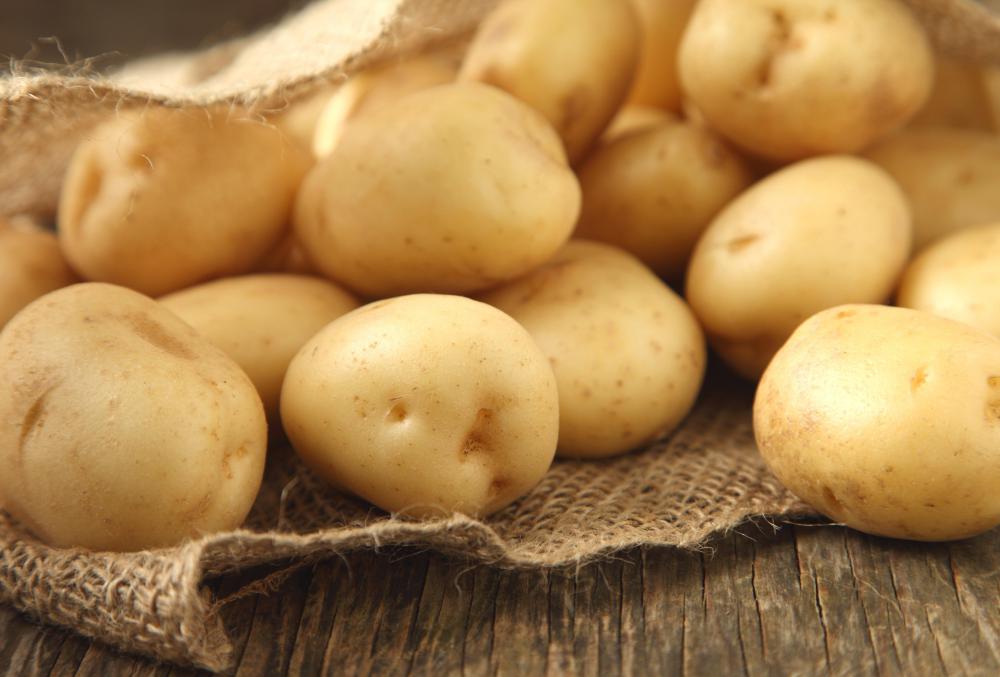At TheHealthBoard, we're committed to delivering accurate, trustworthy information. Our expert-authored content is rigorously fact-checked and sourced from credible authorities. Discover how we uphold the highest standards in providing you with reliable knowledge.
What is Copper Gluconate?
Copper gluconate is the orally bioavailable copper salt of D-gluconic acid and is the form of copper most often used in food supplements, because it is easily absorbed into the body. Copper is vital for the human body to function properly and is found in several types of foods. A copper supplement is not usually needed in healthy individuals who are eating an adequate balanced diet.
Copper is the third-most-common trace mineral in the human body, being found within virtually every cell. It can be obtained through potatoes, beans, whole wheat grains, nuts, honey and other foods. Copper can be difficult for the body to absorb, however, making a copper gluconate supplement a simple alternative.

There are several reasons why copper is an essential element. First, it is involved in the production of melanin, which creates pigmentation in the eyes, hair and skin. Copper also assists in the utilization of iron. It has antioxidant and anti-inflammatory capabilities as well, and it is believed to boost the immune system. A copper deficiency can lead to anemia and osteoporosis.

As a nutritional supplement, copper gluconate is available without a prescription. A copper supplement that has more than the recommended daily allowance of zinc should be avoided, because zinc can interfere with the absorption of copper in the body. Only tablets that have enteric coating should be purchased, or vitamins could be lost in the stomach's gastric acids. The average daily dosage of copper gluconate is about 2 milligrams. It can be toxic if taken in large amounts.

Many times, people who have diseases of the kidneys, intestines or pancreas will require a copper supplement. Individuals who are undergoing a rapid weight loss diet or who are suffering from malnutrition will most likely have a copper deficiency. Premature infants are born with a lack of copper. Some signs and symptoms of a copper deficiency are fatigue, paleness, hair loss, anorexia, skin sores and dermatitis.

Copper gluconate usually is available in most health food stores and normally is inexpensive. Dietary supplements are not regulated in most places, so it is important that the safety of the product is verified before it is purchased. As with any supplement, copper gluconate should not be taken by women who are pregnant or nursing unless directed by a physician.
AS FEATURED ON:
AS FEATURED ON:















Discuss this Article
Post your comments